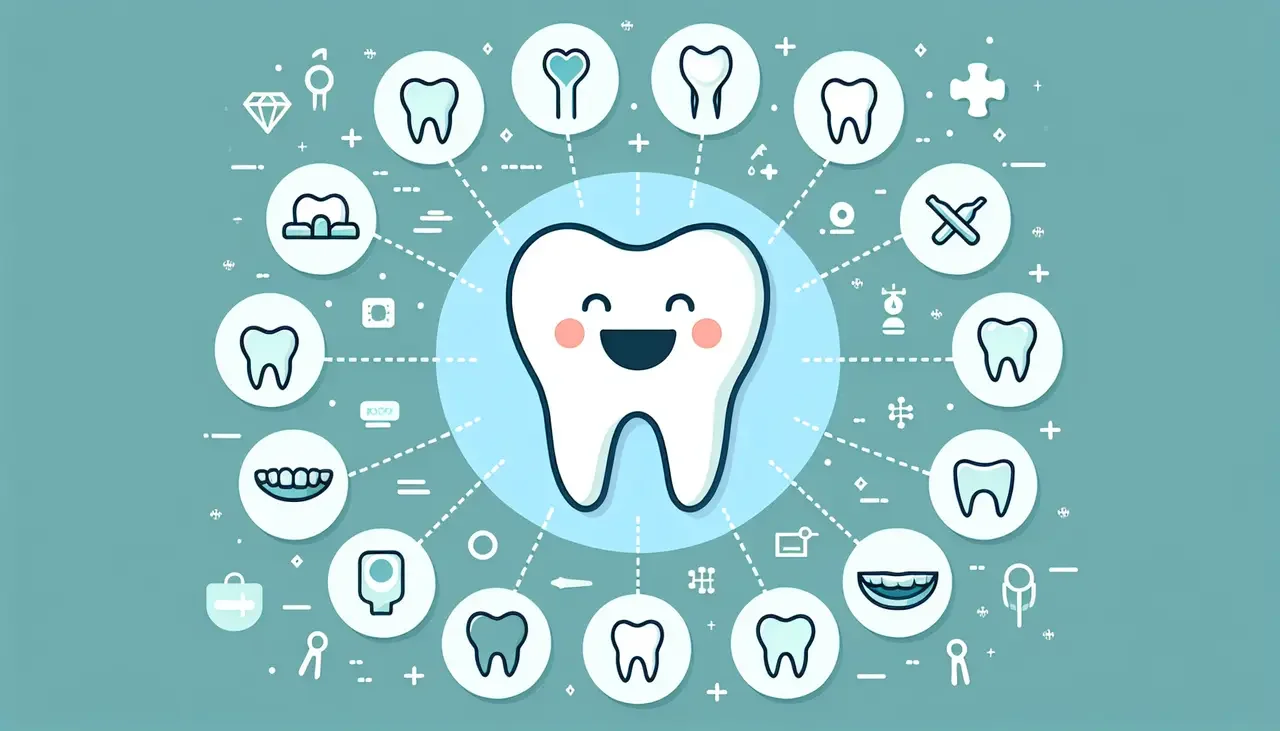Are There Any Alternatives to Dental Crowns for Tooth Restoration?
When it comes to restoring damaged teeth, dental crowns are a common solution. However, they aren't the only option available. Whether you're concerned about cost, appearance, or procedure, there are alternative treatments worth considering. This blog will explore these options, helping you make an informed decision about your dental health.
Understanding Why Alternatives to Crowns May Be Considered
There are several reasons someone might seek alternatives to dental crowns. Some patients may be looking for more cost-effective solutions, less invasive procedures, or options that provide a more natural look. It's important to weigh these considerations when looking at restoration treatments.
Many people prefer treatments that preserve more of the natural tooth structure. Crown preparations often require significant tooth reduction, which might not be necessary with alternatives like bonding or veneers. Understanding the implications of each method can be crucial in making an informed decision.
Economics can also drive the decision away from crowns. Dental crowns might not be the most budget-friendly option, especially if you don't have extensive dental insurance coverage. Exploring alternatives could save costs while still achieving satisfactory results in tooth restoration.
Exploring Dental Bonding as an Alternative
Dental bonding involves the application of a tooth-colored resin material to repair minor chips or cracks. This method is less expensive and quicker than crowning, making it a viable solution for minor to moderate restoration needs.
One standout feature of dental bonding is its versatility. It's not just for repairing damages but can also improve the overall appearance of your teeth by closing gaps and changing the color and size slightly to improve aesthetics. The procedure is usually completed in one visit, causing minimal discomfort.
However, it's important to note that bonding materials may stain over time and might not be as durable as crowns. Regular care and check-ups can extend the lifespan of the bonded teeth, ensuring prolonged aesthetic and functional benefits.
Considering Veneers for Tooth Restoration
Veneers are thin shells custom-fitted to the front of the teeth. They provide a cosmetic solution that can enhance the appearance while offering some protection to the existing tooth structure. Veneers are ideal for superficial issues but are not suitable for heavily damaged teeth.
Made typically of porcelain or composite resin, veneers mimic the light-reflecting properties of natural teeth. This makes them an appealing option for those who desire a natural-looking solution. Veneers can correct a variety of cosmetic problems, including discolored, worn-down, chipped, or misaligned teeth.
The primary advantage of veneers over crowns is their minimally invasive nature. Unlike crowns, which cover the entire tooth, veneers require only a small portion of the tooth's front surface to be shaved down, preserving more of the natural tooth underneath.
Inlays and Onlays: A Middle Ground Solution
Inlays and onlays sit between fillings and crowns, covering the biting surface of the tooth without encompassing the entire tooth. They provide a durable option for restoring teeth with moderate decay or damage and are crafted from materials such as porcelain or composite resins that blend seamlessly with natural teeth.
Inlays and onlays are known for their strength and durability, making them an excellent choice for restoring the function of your teeth while preventing further decay. Their custom-fit design ensures a snug fit that reinforces the strength of the tooth.
Depending on the extent of tooth damage, your dentist can help you decide whether an inlay or an onlay is the most appropriate. Essentially, inlays fit inside the cusps of the tooth, while onlays extend over one or more cusps, providing more extensive coverage without necessitating a full crown.
Consulting with Your Dentist
It's crucial to have a detailed conversation with your dentist about your specific dental needs. They can assess the condition of your teeth, discuss viable options, and guide you towards the best alternative treatment.
A comprehensive examination will help your dentist recommend the most suitable option, considering factors such as tooth integrity, the extent of damage, and personal preferences. At ESO Dental, your comfort and satisfaction are our priorities, and we aim to provide the best dental care for your needs.
Final Thoughts on Dental Restoration Alternatives
While dental crowns are a popular choice for tooth restoration, they are not your only option. By understanding the alternatives such as dental bonding, veneers, inlays, and onlays, you can work with your dentist to choose the most suitable treatment for your individual needs. Remember, the best choice depends on your specific situation, so be sure to discuss all possibilities with your dental professional.
